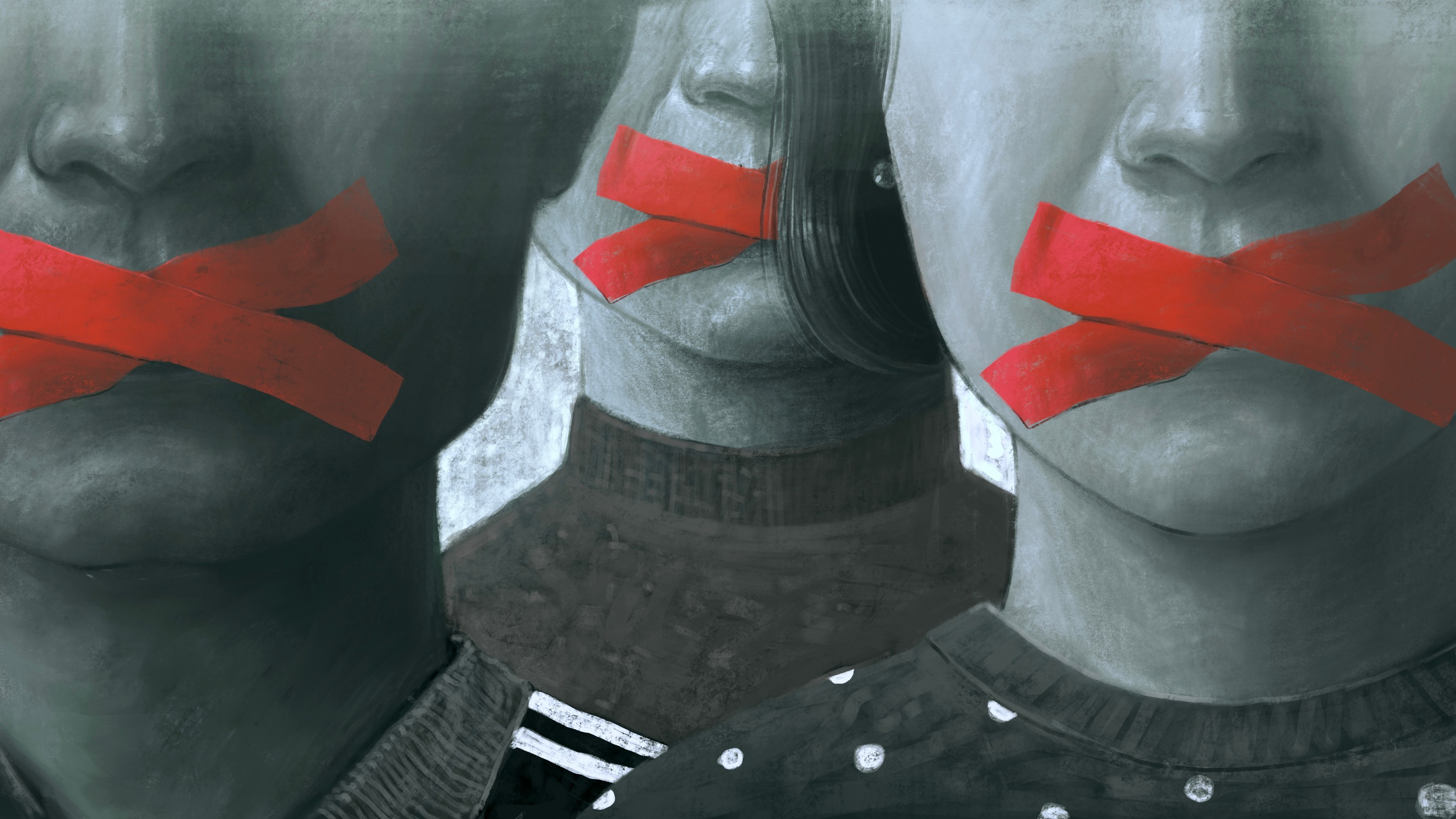It’s a Big World, After All.
The Web has sprung the lid on a Pandora’s Box of new human connections – mirroring and magnifying the best, the worst, and the ugliest aspects of our nature.

Sign up for the Smarter Faster newsletter
A weekly newsletter featuring the biggest ideas from the smartest people
This idea was suggested by Big Think Delphi Fellow Danah Boyd
Kranzberg’s First Law of Technology:
Technology is neither good nor bad; nor is it neutral.
What’s the Big Idea?
From cyberbullying to micro-fundraising to the Arab Spring, social networking has sprung the lid on a Pandora’s Box of new human connections––mirroring and magnifying the best, the worst, and the ugliest aspects of our nature. We’ve lived with the commercial internet for a decade and a half now, and the utopia of global interconnectedness has not materialized. Neither have dystopian prophecies of human alienation and enslavement by machines. What we’ve got is a sprawling, largely unregulated petri dish for ideas old and new. And the explosive creativity the internet permits is mitigated––in some cases neutralized––by the challenge of finding anything or anyone you’re not already looking for.
The question is how and whether we ought to rewire the internet (and ourselves) to connect more meaningfully online.
The Internet is not a Democracy. While its open-ended structure promotes self-expression, an unregulated web lacks any means of protecting its citizens from hate crimes and gang attacks. Jaron Lanier, author of You are Not a Gadget, views Democracy as a “mirror image of biology” whose structures counter flaws in human nature. In the absence of such structures––in chat rooms, say, under aliases––the pack mentality can flourish. Verbal blows are exchanged. Virtual blood is drawn. A leader emerges. Internal and external enemies are identified––an insider to mock, an outsider to hate.
Underpinning this Balkanization of the Internet is something sociologists call homophily. Even in diverse communities, people have a strong tendency to segregate themselves. Friendships (on or offline) across cultural boundaries like race, age, and nationality are rare.
What’s the Significance?
Ethan Zuckerman, a senior researcher at Harvard’s Berkman Center for Internet and Society, thinks we can do better. “We look at the internet. We think we’re getting this wide view of the globe. And we forget that most of the time we’re checking Boston Red Sox scores.” In a world facing global problems that need global solutions, Zuckerman calls our “imaginary cosmopolitanism” a problem we have to solve.
Pervasive translation on the internet is one place to start. Google translate, one of the better machine translation programs around, is still far from perfect. What we need, Zuckerman says, is widespread, default translation of discussions and news streams around the web: machine translation edited by humans in real-time. Global Voices, which Zuckerman co-founded in 2005, gathers blogs from around the world and, with the help of volunteers, translates them into more than 30 languages. In the process, it highlights important stories that aren’t receiving mass media attention. The purpose of this curated translation, says Zuckerman, is to “rewire the internet,” creating cross-cultural bridges that don’t already exist in cyberspace.
Getting people to cross those bridges is another matter. Zuckerman argues that we need to rewire ourselves, too, by promoting xenophilia as a cultural value. He cites the example of NFL linebacker Dhani Jones, whose Travel Channel show Dhani Tackles the Globe takes his fans deep into the heart of cultures far from the NFL.
This is bottom-up rewiring. It’s slow and incremental. And success is hard to define or guarantee. But unlike top-down governmental regulation, it creates structures that reflect the collective thought and will of entire communities. As a tool, the internet is uniquely suited to building these kinds of movements, but they rely on leaders who can articulate a vision that excites people to action. Should such leaders arise in sufficient numbers, with powerful enough ideas, We the People might haul a smarter internet out of its primordial ooze.
This is bottom-up rewiring. It’s slow and incremental. And success is hard to define or guarantee. But unlike top-down governmental regulation, it creates structures that reflect the collective thought and will of entire communities. As a tool, the internet is uniquely suited to building these kinds of movements, but they rely on leaders who can articulate a vision that excites people to action. Should such leaders arise in sufficient numbers, with powerful enough ideas, We the People might haul a smarter internet out of its primordial ooze.
In the meantime, issues of copyright law, political control, privacy, and child protection are exciting governments around the world about stepping in to regulate cyberspace. While this may solve problems in the short-term, these regulations will be blunt, hasty, and hard to undo. And they will run the risk of extinguishing the internet’s connective power before we have the chance to realize it.
Sign up for the Smarter Faster newsletter
A weekly newsletter featuring the biggest ideas from the smartest people





